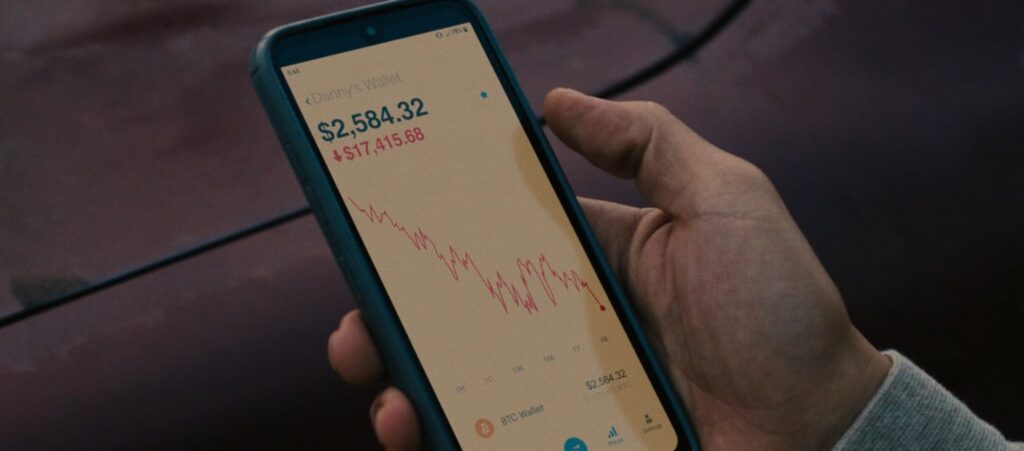This post is part of my attempt at Bloganuary 2024. Today’s prompt is:
If you could un-invent something, what would it be?
Fucking cryptocurrency.

I remember when Bitcoin first appeared. A currency based on a ledger recorded in a shared blockchain sounded pretty cool from a technological standpoint, and so – as a technology enthusiast – I experimented with it.
I recall that I bought a couple of Bitcoin; I think they were about 50 pence each? It seemed like a “toy” currency; nothing that would ever attract any mainstream attention. After all: why would it? It’s less-anonymous than cash. It’s less-convenient than cards. It’s (even) less-widely-accepted than cheques. It somehow manages to be somehow slower than everything. And crucially, without any government backing it can’t be used to settle a debt or pay your taxes1. The technology was interesting to me, but it had no real-world application.

Imagine my surprise when people started investing in the cryptocurrency. Began accepting it in payment for things. I know a tulip economy when I see one, I figured, so I got rid of my “toy” Bitcoins when the price hit around £750 each2. Sure, it’d have been “smarter” to wait until it hit £45,000 each, but I genuinely thought the bubble was going to burst and, besides, I’d never wanted to get into that game to begin with: I was just playing about with an interesting bit of technology when suddenly half the world began talking about it.
The world taking cryptocurrencies seriously was the worst thing that ever happened to them. When they were just a toy, nobody “invested” in them. Nobody built planet-destroying mining rigs to compete to produce more of them. Nobody used them as a vehicle to make ransomware feasible or set up elaborate Ponzi schemes or get-rich-quick scams off the back of them.

And yeah, with few exceptions (of which Emma GoldCoin is the best), cryptocurrencies not only provide a vehicle for scammers, do nothing to combat inequality (and potentially make it worse by tying it to the digital divide), and destroy the planet… but they generally don’t even achieve the promises they make of anonymous, decentralised, stable, utilitarian currencies.
I’m not going to deep-dive into everything that’s wrong with cryptocurrencies3 (and I’m not going near NFTs, but rest assured they’re even stupider). There’s plenty of more-eloquent people online who can explain it to you if you need to; start at Web3IsGoingGreat.com if you like.
So yeah, if we could just uninvent cryptocurrencies, or at least uninvent whatever it is the masses think they see in them, then that’d be just great, thanks.
Footnotes
1 Being legal tender and being useful to pay your taxes are the magic beans that make fiat currencies worth something.
2 Sometimes, people mistake me for somebody with any level of interest in cryptocurrency “investment”. After I’m done correcting their misapprehension, I enjoy pointing out that I made a 150,000% return-on-investment on cryptocurrencies and I still recommend against anybody getting involved in them.
3 If I can pick out just one pet hate, though, that trumps all the others: it’s the “cryptobros” who call cryptocurrencies “crypto”, as if that wasn’t a prefix that already had a plethora of better-established uses, all of which are undermined by the co-opting of their name. It’s somehow even worse than the idiots who shorten Wikipedia to “wiki”.